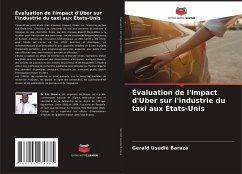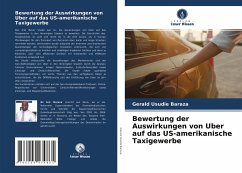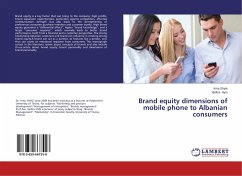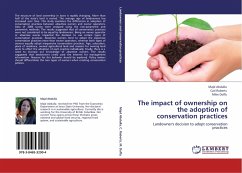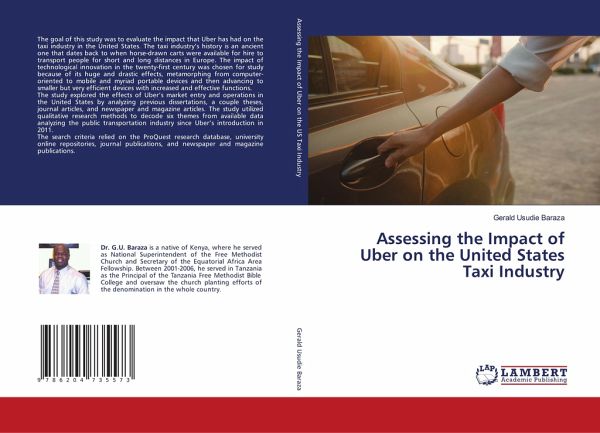
Assessing the Impact of Uber on the United States Taxi Industry
Versandkostenfrei!
Versandfertig in 6-10 Tagen
45,99 €
inkl. MwSt.

PAYBACK Punkte
23 °P sammeln!
The goal of this study was to evaluate the impact that Uber has had on the taxi industry in the United States. The taxi industry's history is an ancient one that dates back to when horse-drawn carts were available for hire to transport people for short and long distances in Europe. The impact of technological innovation in the twenty-first century was chosen for study because of its huge and drastic effects, metamorphing from computer-oriented to mobile and myriad portable devices and then advancing to smaller but very efficient devices with increased and effective functions.The study explored...
The goal of this study was to evaluate the impact that Uber has had on the taxi industry in the United States. The taxi industry's history is an ancient one that dates back to when horse-drawn carts were available for hire to transport people for short and long distances in Europe. The impact of technological innovation in the twenty-first century was chosen for study because of its huge and drastic effects, metamorphing from computer-oriented to mobile and myriad portable devices and then advancing to smaller but very efficient devices with increased and effective functions.The study explored the effects of Uber's market entry and operations in the United States by analyzing previous dissertations, a couple theses, journal articles, and newspaper and magazine articles. The study utilized qualitative research methods to decode six themes from available data analyzing the public transportation industry since Uber's introduction in 2011.The search criteria relied on the ProQuest research database, university online repositories, journal publications, and newspaper and magazine publications.



